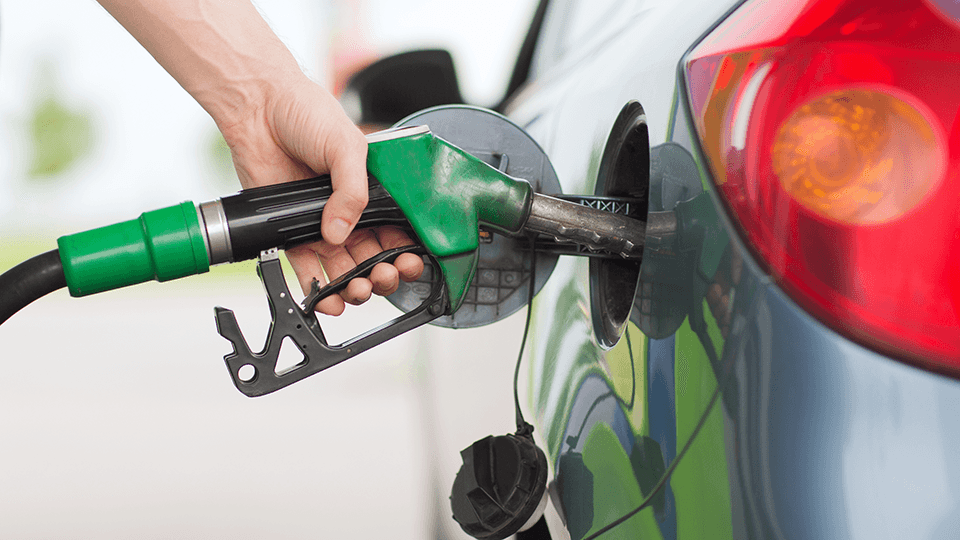
When you’re in the market for a new car, you’ll often come across the term MPG. But what exactly does it mean, and how important is it when making a car buying decision?
Understanding MPG
MPG stands for miles per gallon, and it indicates how far a car can travel on a single gallon of fuel. For instance, if your car has an MPG rating of 50, it means you can drive 50 miles before needing to refuel.
Calculating MPG
Official fuel economy figures are determined through laboratory testing known as WLTP (Worldwide Harmonised Light Vehicle Test Procedure). These tests simulate real-world driving conditions.
To find out your current car’s exact MPG, most new cars will display it on the driver’s display or infotainment system. Alternatively, you can reset your car’s trip computer when filling up and make note of the number of liters or gallons consumed and the distance traveled.
Multiple MPG Figures
Each car undergoes WLTP testing in different driving scenarios, resulting in multiple MPG figures. These include low-speed urban driving, medium-speed suburban driving, high-speed rural driving, extra high-speed motorway driving, and a combined average of all scenarios.
It’s worth noting that specific extras fitted to a car can affect its fuel economy, resulting in different MPG figures for the same model.
Real-World MPG
While WLTP tests are more reflective of real-world driving than previous testing methods, it’s important to remember that various factors can impact a car’s actual MPG. Driving style, traffic conditions, terrain, and other variables all contribute to fuel efficiency on the road.
Plug-in hybrid (PHEV) cars, for example, can achieve impressive MPG figures during WLTP assessments due to significant electric driving. However, to truly replicate those figures, regular recharging and predominantly electric driving are necessary.

Improving MPG
If you’re looking to improve your car’s MPG, there are several measures you can take. Avoiding aggressive acceleration and braking, maintaining a steady speed, and shifting to higher gears early (in manual cars) can all contribute to better fuel efficiency.
Additionally, removing unnecessary items from your car, keeping tires properly inflated, and reducing aerodynamic drag (e.g., removing roof boxes and bars) can also improve MPG.
MPG and Emissions
MPG and emissions are closely related. The more fuel a car burns, the higher its emissions will be. However, advancements in engine technology allow manufacturers to design cleaner engines that produce lower emissions despite similar MPG figures.
FAQs
What is a good MPG?
A good MPG varies depending on the car and fuel type. Generally, a higher MPG is considered better.
Does driving style affect MPG?
Absolutely. Smoother driving habits, such as gradual acceleration and avoiding sudden maneuvers, can significantly improve MPG.
What does l/100km mean?
Liters per 100 kilometers (l/100km) is the European standard for fuel consumption. In this case, a lower number is better. For reference, 1 mpg is approximately equal to 282.48 l/100km.
What are the best cars for MPG?
Small, lightweight, and modern cars are generally more fuel-efficient. Consider looking into hybrid cars or vehicles with some form of electrification for optimal MPG.
For more detailed information on the best cars for MPG, refer to our comprehensive guide on Car news.
Conclusion
When considering a new car, understanding MPG figures is crucial. While they provide a useful comparison tool, it’s essential to remember that real-world factors can affect a car’s fuel efficiency. By adopting efficient driving habits and making smart choices, you can maximize your car’s MPG and minimize your environmental impact.